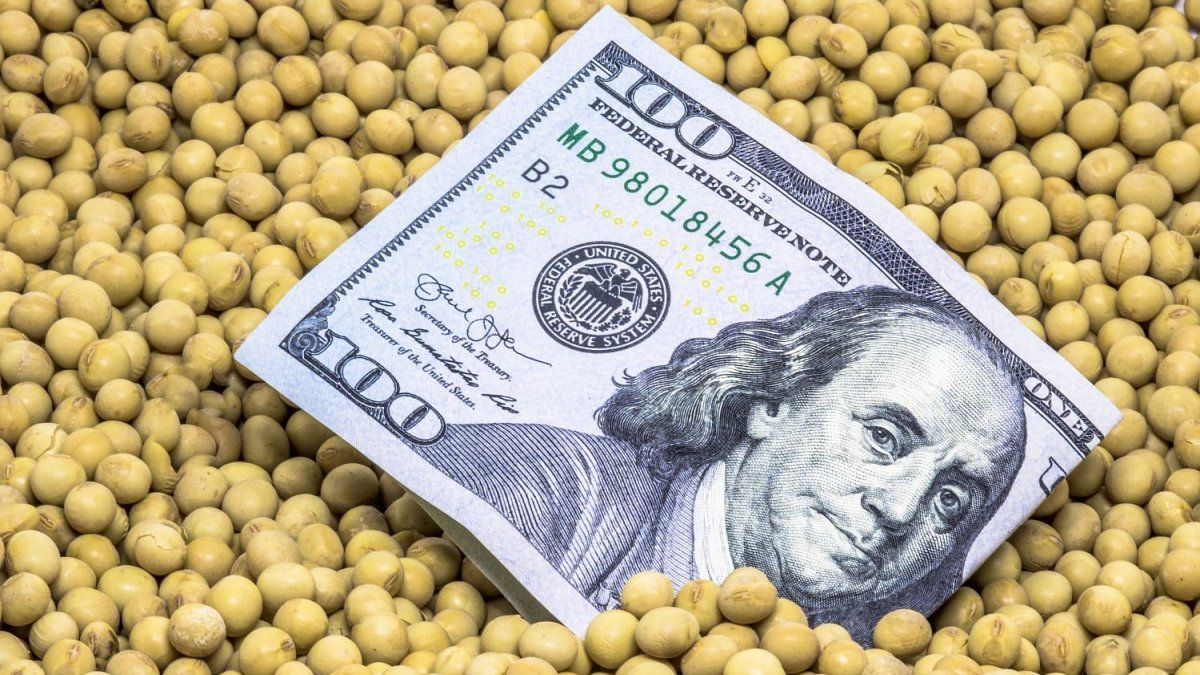Economist Hüther warns of the consequences of the war in Ukraine for German companies. They should not be subjected to additional costs. The German car industry is particularly affected.
According to the economist Michael Hüther, the EU climate protection package will not be implemented as planned because of the war in Ukraine.
“Fit for 55 will not be enforceable like this,” said Hüther of the German Press Agency on the package proposed by the EU Commission. In view of the uncertain situation, companies should not be burdened with additional costs. “The goals for climate neutrality are not in question, but the way to get there must be checked,” said the director of the employer-oriented Institute of German Business (Cologne / IW).
The “Fit for 55” package provides for climate-damaging emissions to be reduced by 55 percent by 2030 compared to 1990. By 2050, the EU must become climate-neutral, i.e. no longer emit any emissions that are not bound. “The 2030 milestone should be lifted,” said Hüther. A planned extension of emissions trading to buildings and transport is also unrealistic.
Many critical raw materials come from Russia
Hüther warned that the automotive industry in Germany would be most affected by the consequences of the war because of its supply chains. “Production stops could be wider and deeper than expected,” said the economist. This is because many critical raw materials such as palladium, which is needed for semiconductors, come from Russia. Harnesses needed for car manufacturing are often assembled in Ukraine. In Germany, Porsche, VW and BMW, among others, have had to stop production temporarily due to supply bottlenecks.
Hüther was critical of a possible EU import ban on Russian gas – various organizations and politicians had called for this in order to keep Moscow under pressure. One third of the Russian gas could be replaced by LNG and other solutions, said Hüther. “But in the short term, with a view to next winter, it’s not possible to completely tip over.” Because you have to be able to withstand sanctions. Instead, the economist suggested taxing Russian gas suppliers such as Gazprom in the EU via the planned international minimum tax. “That would be better than a gas supply stop,” says Hüther. Among other things, the tax stipulates that large companies should be taxed where they make profits.
Source: Stern
Jane Stock is a technology author, who has written for 24 Hours World. She writes about the latest in technology news and trends, and is always on the lookout for new and innovative ways to improve his audience’s experience.




